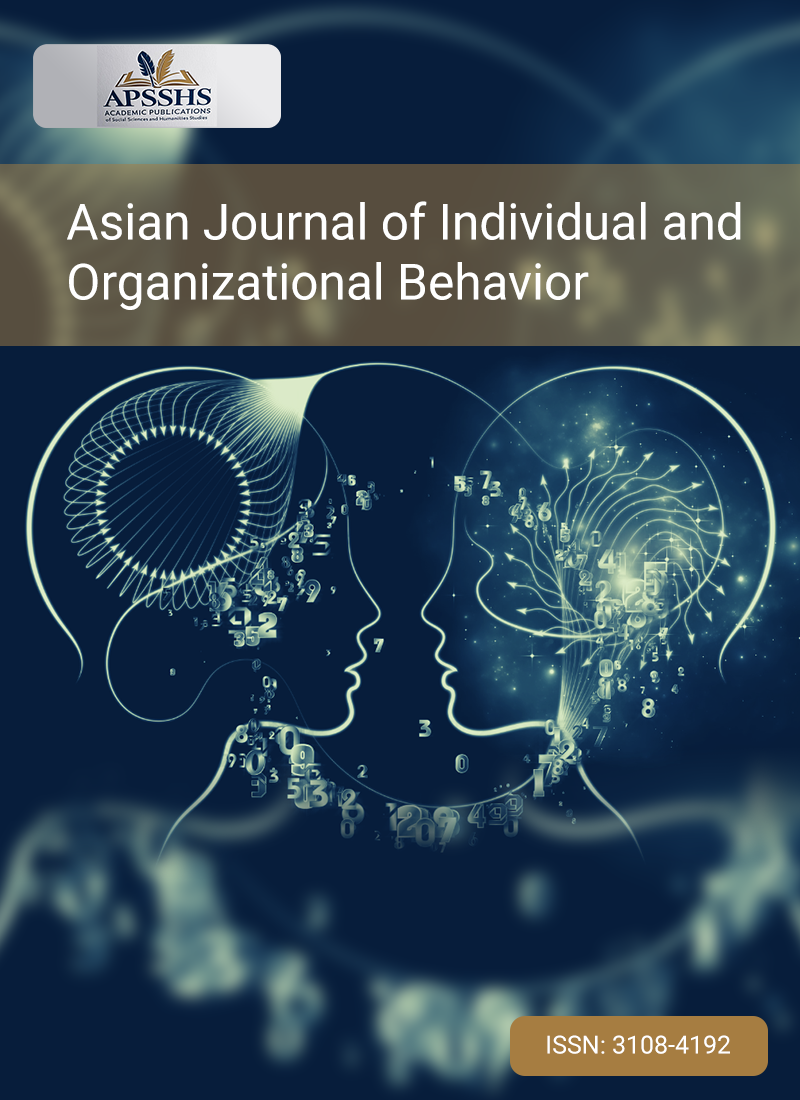
Gamification, the integration of game design principles into non-gaming environments, has gained considerable traction over the past decade. In the business domain, it serves as a strategic tool to enhance consumers’ psychological motivations toward services, activities, products, and brands. Various frameworks have been introduced, each incorporating distinct design elements aimed at fostering engagement. However, a significant gap in the literature remains due to the limited empirical evidence explaining consumers' motivations for engaging with gamification in marketing. This study presents a comprehensive gamified framework designed to evaluate the impact of gamification on brand engagement through UX design and various game elements. An experimental approach was employed, in which participants engaged with the gamified framework by completing designated tasks and activities. Data was collected through an extensive post-experiment survey, assessing the relationship between user experience, game elements, and their impact on both utilitarian and hedonic motivations. In addition, a holistic analysis was conducted to examine the overall gameful experience and its role in shaping customer attitudes, ultimately increasing brand engagement. The findings showed that there is a strong positive correlation, with statistically significant relationships between the proposed framework, key variables, and player personality as a moderating factor. The results indicate that a gameful experience can influence customer attitudes toward a brand, fostering more active and engaged interactions.